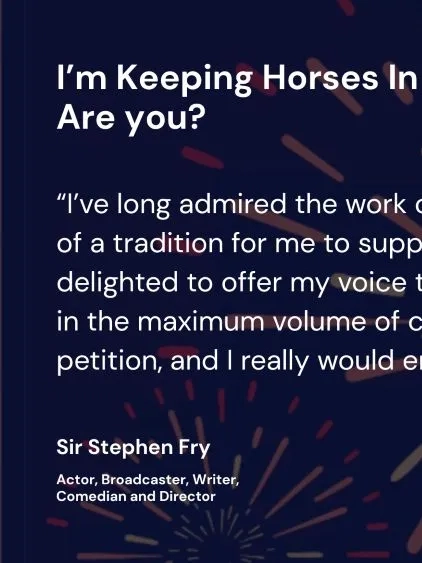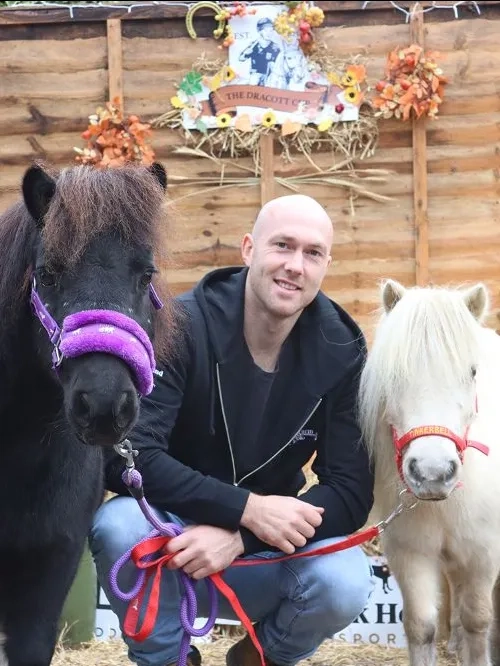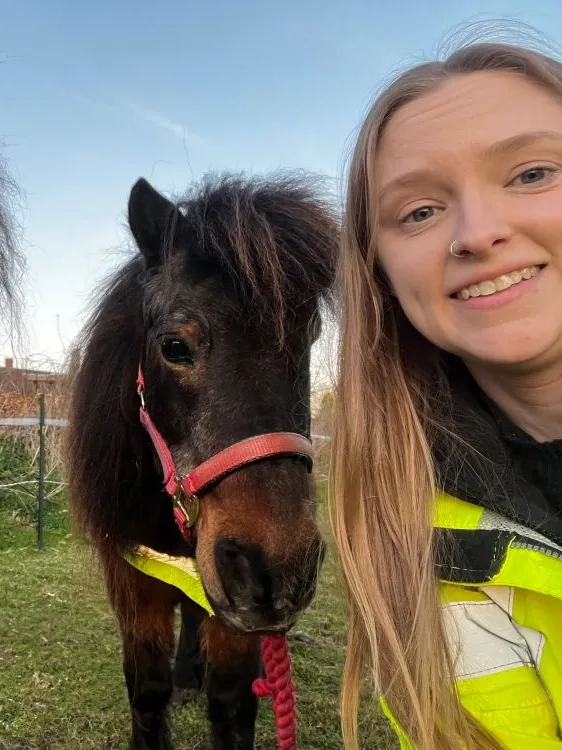15 April 2016
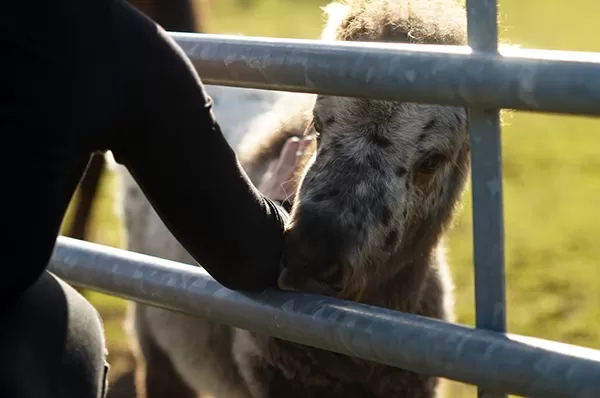
No one understands better than Redwings how enjoyable it is to interact with horses. But we are urging anyone who is tempted to offer food to a horse they are not responsible for to think again!
Most horses will do anything to convince passers-by they are hungry and deserving of a treat or two, but for some, treats can be very bad for them. Owners become understandably frustrated when their efforts to keep a horse healthy are being undone by well-meaning but misguided kindness.
“Please don’t feed me”
Here’s are a few fascinating digestive facts to help explain why feeding someone else’s horse is not a good idea:
Remember too that horses that are used to having treats fed to them by hand soon start to nip as a way of asking for food. Horses have powerful teeth and even a nip can really hurt!
“I much prefer a cuddle”
It’s not all bad news though!
There are other ways of interacting with horses that are better for you and for them. Most horses like having their forehead rubbed gently or enjoy a scratch along their neck and at the base of their mane. This mimics how horses naturally interact with each other and is a sign of mutual friendship. It is also very relaxing for them and we always scratch rather than pat our horses at Redwings!
Are you concerned your horse is being fed? Download our poster!
If you are concerned that your horse is being fed by other people a simple poster can be the best way of politely asking passers-by to stop and say hello by all means but to leave the catering to you!
And we have created a poster for you to download and print out, simply click here (PDF 70 KB).
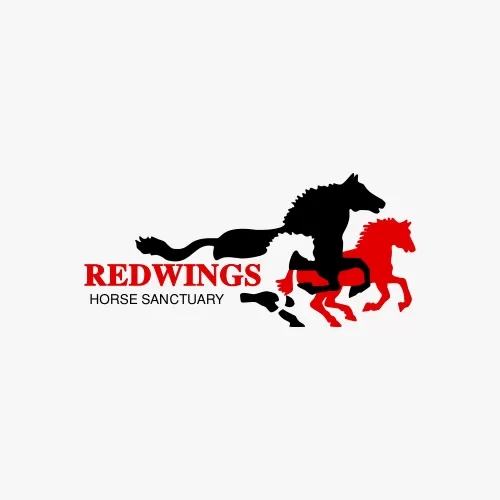
Redwings Press Office
Find out more about Redwings Press Office
